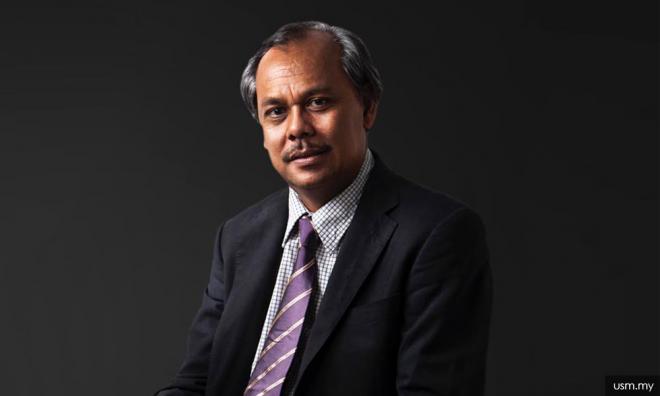
Earlier this month, news broke that Prof Bahari Belaton had been appointed dean of Universiti Sains Malaysia’s School of Computer Sciences. More than a reward for his hard work and scientific expertise, it was also significant for another reason – as a Semai, Bahari was the first Orang Asli to reach that level of academia in USM.
Trained in Australia at the South Australian Institute of Technology (1989) and Flinders University (1991) before obtaining his PhD from Leeds University (1995) in the UK, Bahari has served with USM for 24 years and is known for his work in scientific data visualisation, computer graphics, and network security.
Bahari (above) has come a long way from the boy who was born in the late 1960s in an Orang Asli village in Perak’s Kinta district and who lost his father and most of his seven siblings at a tender young age. Now a father of four himself, Bahari has never forgotten how his mother struggled to earn a living to provide for her two surviving children.
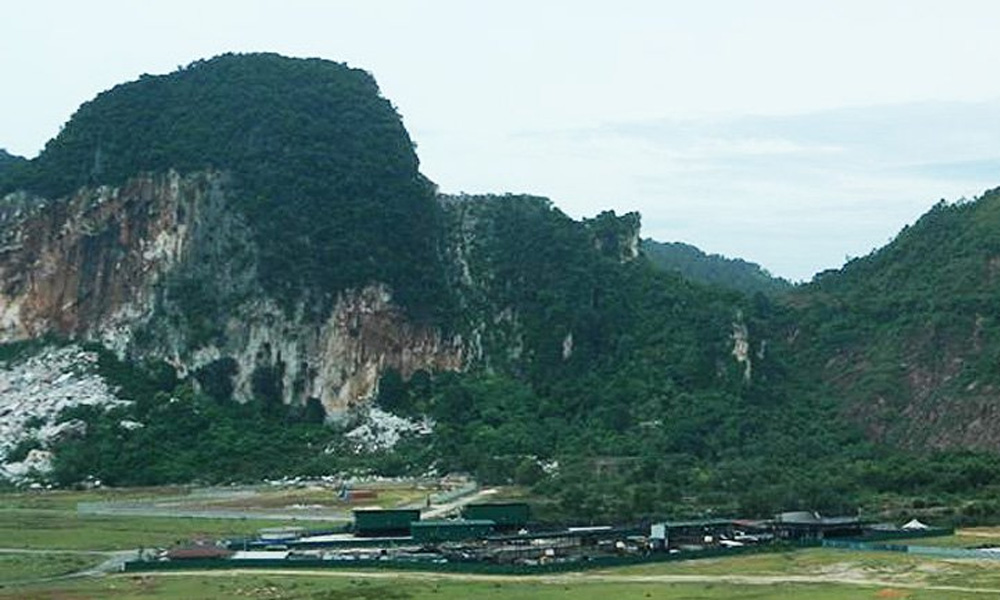
He kept plugging away and has remained true to his roots, visiting his home village at least 10 times a year. He has managed to keep his feet firmly on the ground while doing pioneering work in his field.
This is Bahari’s story, in his own words:
THERE WERE A FEW SIGNIFICANT TURNING POINTS IN MY LIFE
They surfaced at different phases and it is typical to note them only in retrospect. Let me start with the period during my secondary school days, my first turning point was perhaps my envy of the 'achievements' of people I observed.
In particular, there was this community of 'engineers' or blue-collar workers at a nearby tin mining company known as the Malaysia Mining Corporation. The company built housing for these workers - locals (Indian, Chinese, Malay) and foreigners - next to my village. I would imagine how children of these 'engineers' would have studied, in a cosy environment, doing their school homework.
I took the opportunity to help out a Chinese vegetable and fish seller and I would board his pick-up truck by 10am complete with school uniform (afternoon school session normally started around 1pm), and went around the bungalows of these engineers. My observations and ambition to be like those 'well-to-do' people was my main turning point at that stage.
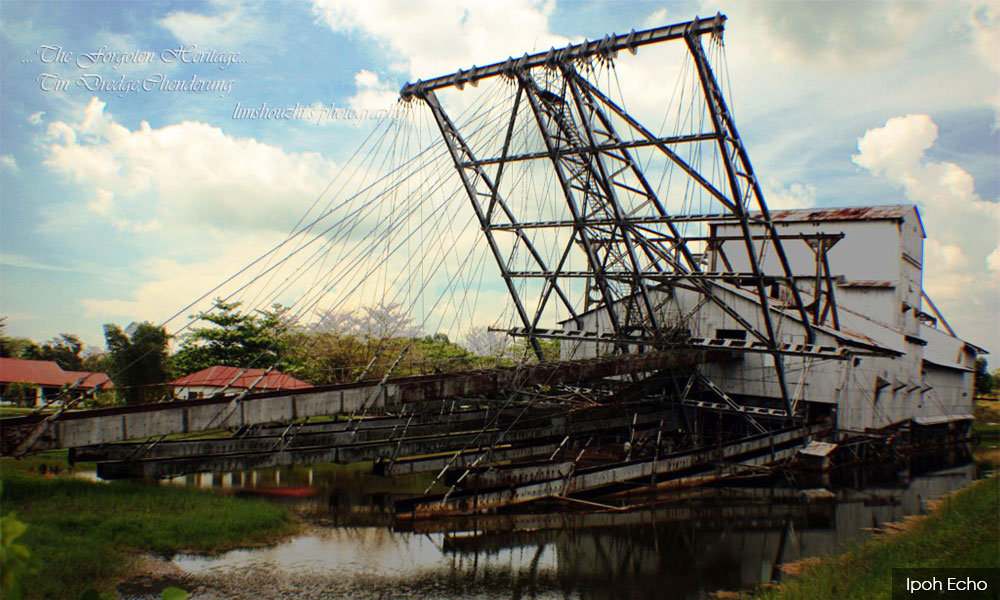
I also started my primary and later secondary education in a school with multi-racial pupils – this may have given me the exposure to various races very early in my life and prepared me mentally to make friends and socialise with other races.
Later in my secondary school, teachers were also very supportive – I was appointed as head of the class. Even though the class that I headed was the last class - mainly for pupils that had poor academic achievement, for me this was an appreciation of my capability.
It was proof that an Orang Asli could lead like others. I was also later appointed as a prefect of the school which gave me more self-confidence and motivation to be successful like other people.
I EXPERIENCED BULLYING IN SCHOOL AND CONTINUED TO BE BULLIED THROUGHOUT MY LIFE
It is a fact of life, we have to accept it and it is all about how we deal with it. I have not put much thought on this issue, and I cannot say for certain how I overcame it. In part, I suppose I kept it to myself. I pretended that it was not bullying but was more of a way to help me improve myself. This was based on my experiences where I did not get 'severe' bullying such as physical bullying.
Deep inside, there was always a thought that I was bullied because of my differences. Normally if I encountered such feelings, I would make myself busy. I love sports and I would spend my free time playing various sports. This helped me to forget such feelings. I would also distance myself from known bullies.
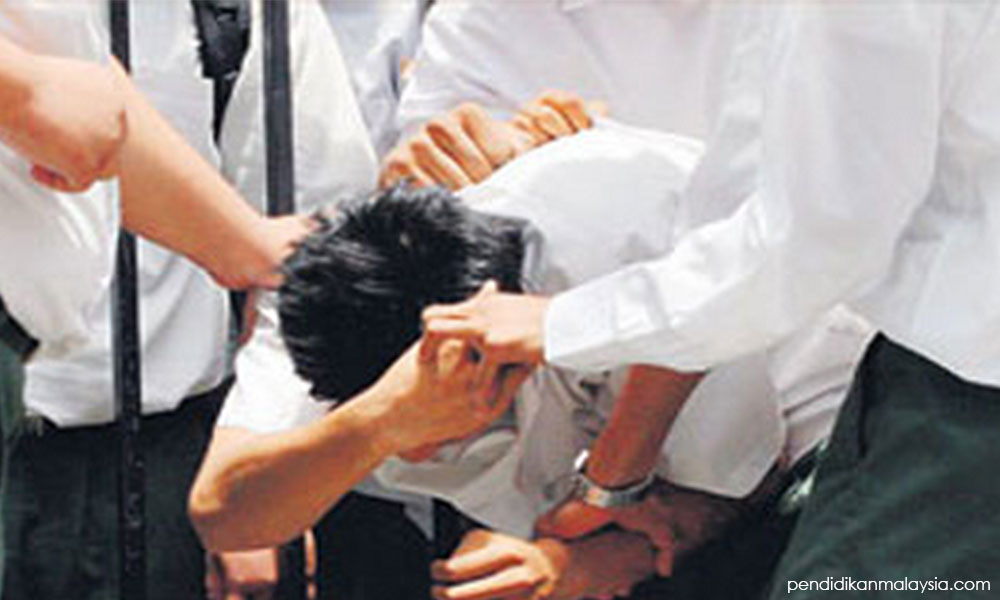
Being humble, making friends with others, and getting respect from your close friends – this would protect you from situations in which you are prone to be bullied. Being exposed to a multi-racial school early in my life had an influence on how I socialised and made friends with other races.
Another characteristic is my inclination to persevere. I am a determined individual. I do not easily give up - I will put my best efforts into any tasks or work given to me. This built a positive profile and projected a confident persona that may have in turn built a protective layer from being bullied.
Having said that, my circumstances were unique. There is a general perception that Orang Asli children are prone to be bullied and this may be true. Orang Asli children from remote areas are very likely to fall victim to bullying and are often stereotyped.
These are the 'hidden' challenges that Orang Asli children face in addition to the common struggle for excellence in academics. These children, first of all, need the 'social safety' of being considered equal to others. Once that is settled, I believe given the right opportunities, they are able to perform as well as other communities.
COMPUTER SCIENCE WAS NOT MY FIRST CHOICE
In fact, during those years, I barely knew about computers let alone how to use them. The decision came by coincidence.
In 1985/86, I was about to complete my Matriculation (Part 2) studies with USM in Penang, and there was an advertisement that offered an opportunity to those completing Matric 2 to participate in a scheme called the Malaysian-Australian Tertiary Education Scheme (Mates).
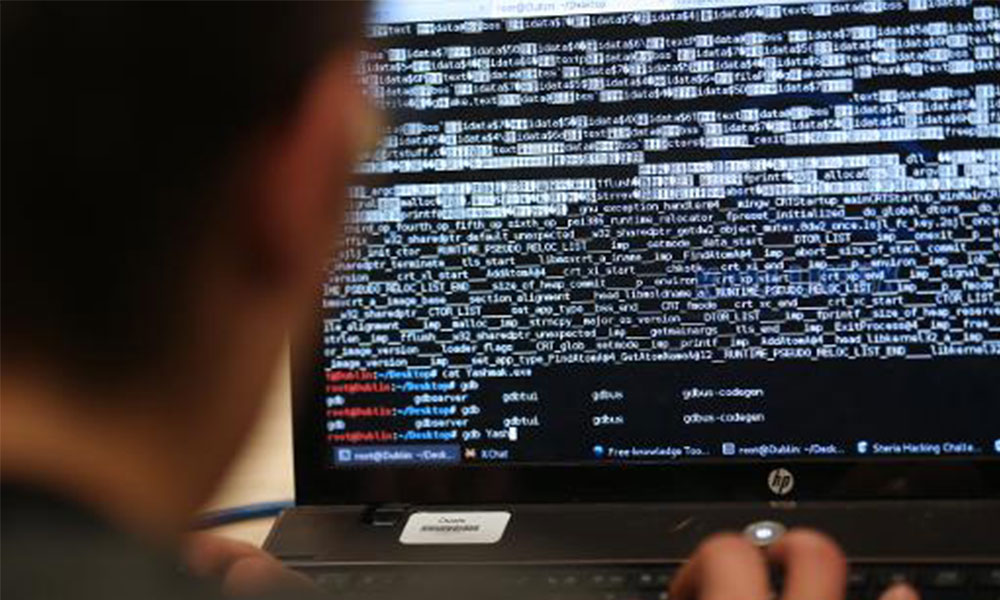
There were a few fields of study listed. I tried my luck by applying for this scheme and one of the fields I chose must have been computer science. I was lucky to be selected as a pioneer batch for this Mates programme, where we had an intensive English course at USM and later in South Australia before I started my Bachelor of Applied Science degree at the South Australia Institute of Technology in 1987.
For my specialisation, I became interested in Computer Graphics (CG) due to its visual appeal as none of the computer science courses I took would produce results in visual form.
I was very excited to see my very first CG output – an animated 2D duck figure that 'swam' across a computer screen. Achieving such results in those days was a big victory. Unlike today’s technologies, we had to write low-level graphical operations from scratch.
Scientific data visualisation in those days was also pretty new. In the US, they had a few supercomputer centres that crunched and produced huge amounts of data mainly for scientific applications or simulations. Instead of analysing the data in numbers form, researchers started to explore using CG to visualise such data.
My research work focused on how to produce visual outputs from numerical data while preserving the science behind the underlying field, i.e. to avoid or eliminate potential artefacts that may be accidentally produced (which can produce unwanted and wasteful data congestion).
Finally, network security was more of a hobby which started years back in 1999 when one of my servers got infiltrated by a hacker. It gradually developed into part of my specialisation where I secured a few grants and mentored a number of PhD students in this area.
I FEEL A MIX OF HONOUR AND PRESSURE TO BE THE FIRST ORANG ASLI DEAN
I’m proud because an Orang Asli can hold such a position. It proves once again that a minority group can achieve a position that once was believed to be near impossible.
I am glad and happy not only for the Orang Asli community but also for the general public. It is an awareness for Malaysians that this minority group does exist and that given enough opportunity, support, and encouragement, they may excel as anyone else.
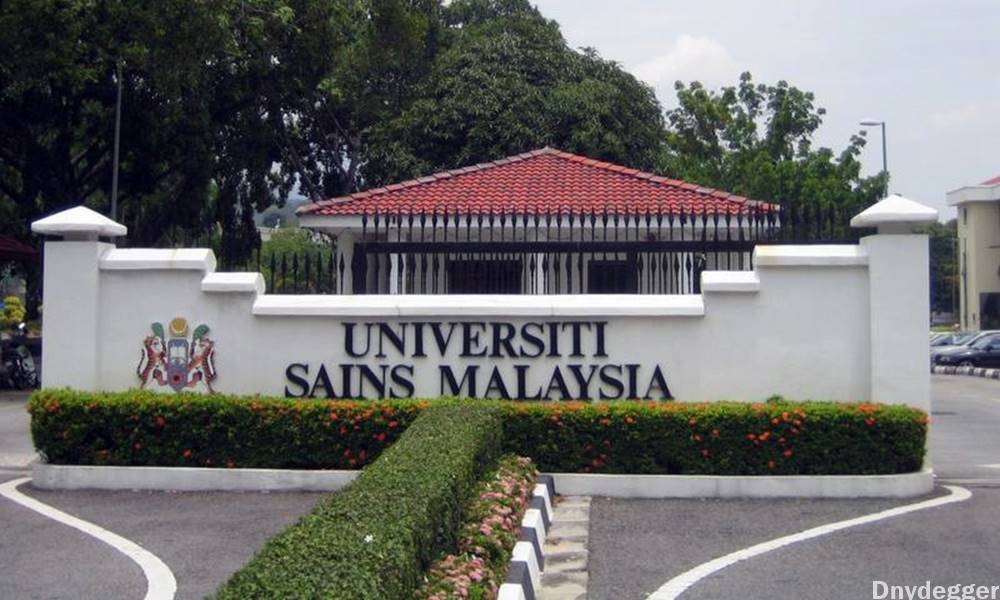
Sometimes it is also soothing to hear stories like this in the news instead of mainstream media often being dominated with news that paint gloomy or negative narratives about Orang Asli struggles, their marginalised status, land issues, and many other negative issues - which by the way also reflects the true picture.
The pressure is always there, irrespective of whether I’m an Orang Asli or otherwise. It is a role to be avoided whenever possible as the challenges and demands in a KPI-driven institution are huge.
I do feel an additional burden for being an Orang Asli and holding the dean’s position, it is a test of my leadership skills and in the eyes of the Orang Asli (though I cannot read their feelings) they would probably want me to make them even prouder by leading an institution successfully.
THERE WERE MANY RESOLUTIONS PASSED AT THE NATIONAL ORANG ASLI CONFERENCE LAST YEAR
I must confess that I have not been following exactly what were the many resolutions discussed and eventually passed at the conference but that a few old issues dominated the agenda – the issue of land, education, economy, health, and perhaps culture.
There were many interventions and all were done with the good intention to help the Orang Asli community by addressing those issues. Some of them were quite effective though success and failure are highly ‘locality’ and ‘domain’ specific. My knowledge and experience dealing directly with these issues are quite limited.
For me, part of the equation is education – it is a freehold asset, invaluable, and sustainable for the entire life of an individual. With the knowledge acquired by the Orang Asli community, either through formal education (age 7–17), vocational training (mainly for the youth), and experiential learning (recognising traditional skill sets and upgrading for national/international recognition) the Orang Asli community would be empowered to improve their lives.
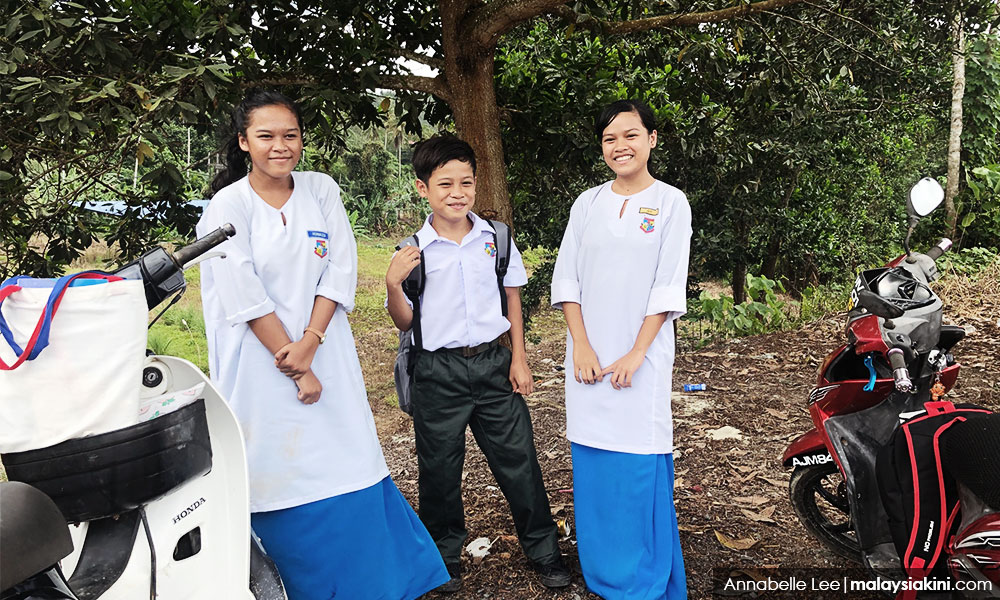
Education (especially formal education) is such a tough venture to invest in especially for minority groups like the Orang Asli. There is no lack of ideas and steps that have been executed with varying degrees of success and many more to come especially now with the extended period of non-schooling and online mode of learnings.
The most effective step to improve education for the Orang Asli is personalised or customised education to cater to the specific needs and constraints of the target community. Experiential learning should also be part of formal education for this community. However, it is an ideal that may be difficult to implement as human education is ranked based on standard measures.
Equally crucial is the community themselves – their views, attitude, willingness, and ambition to seek education are very crucial ingredients for improving their lives. This is the mindset aspect which is the toughest to address of all. For this to happen, the local community needs to play this role, borrowing the Covid-19’s pandemic response hashtag of #KitaJagaKita speaks directly to the core of the problem.
Local icons can together play the role to complete the education equation. These icons can include successful entrepreneurs, teachers, nurses, government retirees, parents, members of Pasukan Gerakan Am (police light infantry), Tok Batin (community headmen), and members of village community management councils (MPKK).
I recall there was a time when Orang Asli youths gathered at Hospital Orang Asli Gombak. These young minds were brought together to a single place with the main purpose of serving or looking after the Orang Asli community's health.
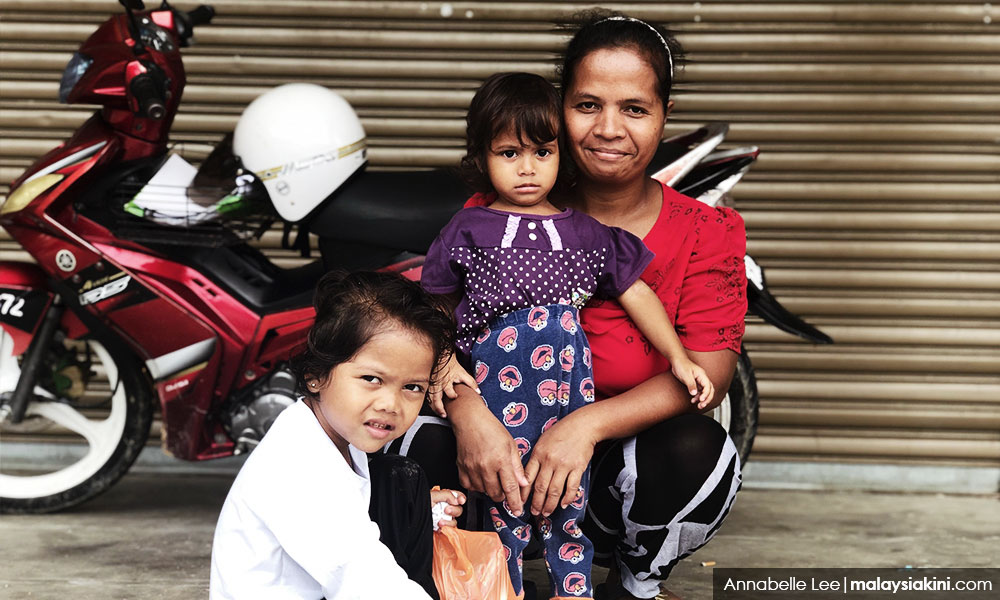
This group of pioneers opened the eyes of the Orang Asli community; they saw possibilities once perceived as out of reach. I am just wondering if something of this nature, in this era of big data, AI, and gene-editing could be created. What form could it take? Who would take the lead and what would the reception be like from the community?
IN A YEAR, I GO BACK TO MY VILLAGE AT LEAST 10 TIMES
These are for various occasions or events like celebrations of our version of Raya which we called 'Genggulang'.
I am a member of the local cooperative at our village and am often invited for discussions with the Ahli Lembaga Koperasi (Cooperative Institution Members). I am quite active with various community-based programmes either with USM or with the village community themselves. Obviously, with my new role, it will restrict my travelling schedule, and more so with the movement control order, I have not gone back since February.
My eldest sister, who is a retired government servant and who was one of the pioneer nurses serving at Hospital Orang Asli Gombak, and her family have settled in the village. I am married to a ‘local’ – my wife’s mother has a house in the village. I also have uncles, aunties, nephews, and nieces in the village.
There has been a tremendous change since my childhood. Around 1984/85, we moved into a new settlement, about 10km away from the village where I grew up. Since the tin industry collapsed, the small 'town' that used to be buzzing with buses that ferried workers and heavy machinery is long gone.
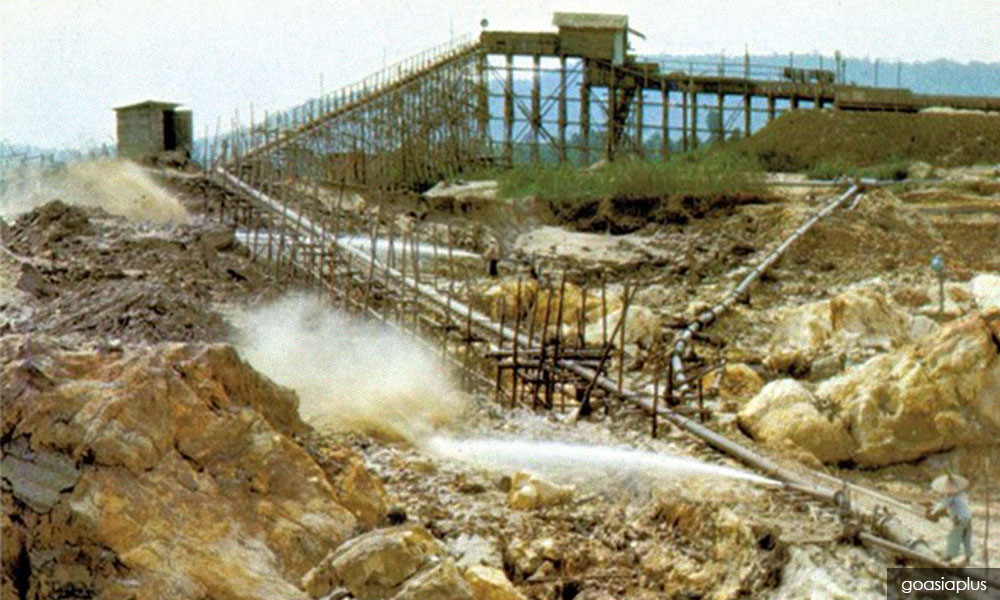
The collapse of the tin mining industry in Tanjung Tualang brought many changes to the surrounding communities including to the Orang Asli of my village – some lost their jobs, but the largest impact was to the lifestyle and the economic activity of the Orang Asli Tangkai Cermin (OATC) which is what my village was called.
The main occupation of the Orang Asli community during the tin mining heyday was to be fishermen – they were catching fish and shrimp around the big ponds excavated by the tin mining company dredgers. When the tin industry closed shop, other communities also lost their jobs, hence the source of incomes generated by Orang Asli fishermen also dropped.
Now, there is nowhere to go, only a few still continue the traditional practice. My village now is surrounded by palm oil plantations. The community did manage to 'secure' (not own) land and got a grant to plant palm oil which is managed by the local cooperative (run by the OATC community).
The state government reclaimed most of the deserted mines, so now next to my village is a large strip of land under the Perak State Agriculture Development Agency (PPNP).
THE FIRST ORANG ASLI MP FROM CAMERON HIGHLANDS RAMLI MOHD NOR AND PROF JULI EDO HEADING JAKOA CAN HELP THE COMMUNITY
If you ask is this a good sign – I say a big yes! Although my line of business is not directly touching the lives of the Orang Asli community – apart from perhaps those who have made their way to higher education – the leadership roles that we hold do give hope to the community at large, and motivation for them to progress further.
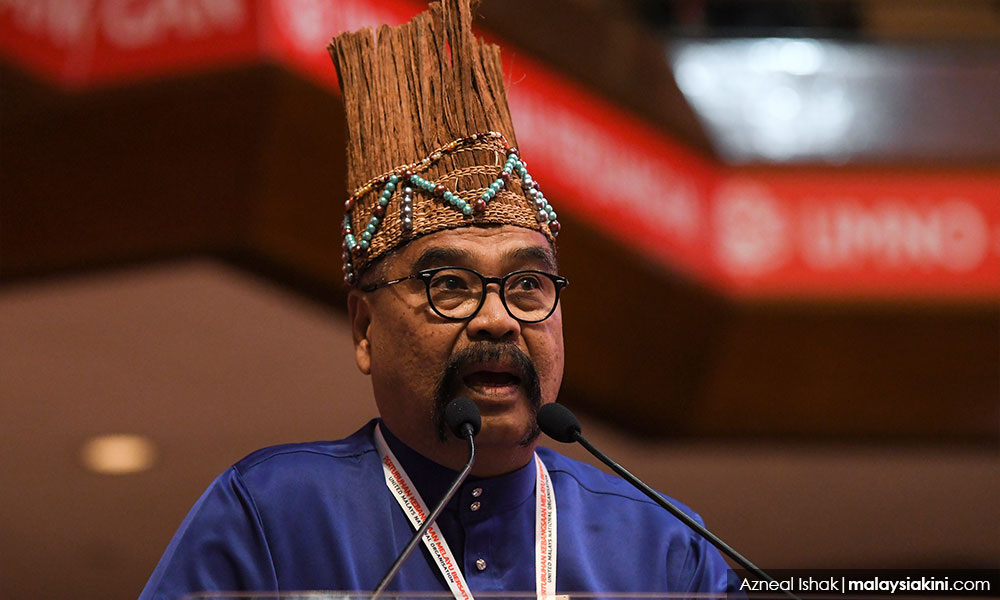
At least now we have Orang Asli leaders positioned at a level where our voices can be brought up within a particular domain or sector. It was often perceived, that only Orang Asli would know 'better' of the nitty-gritty aspects of community struggle, always being needy, always having constraints, always having unfulfilled wishes, etc.
If this logic is to be believed (which I do), at least through these leaders, the aspirations of the Orang Asli can be made known to decision-makers.
I believe it is a good sign – I may be a little bit biased but I am going back to the point I made earlier which shows that given the opportunity and proper support, individuals from the Orang Asli community have no lack of talent and capability – we have qualities to be reckoned with and this transcends race, religion, or the genetic make-up of individuals.
THE SEMAI ARE ONE OF THE LARGER ORANG ASLI GROUPS BUT THE SMALLER ONES ARE IN DANGER OF VANISHING
Comparatively, the Orang Asli community in the whole population of Malaysia is very small – a mere one percent, assuming there are 300,000 Orang Asli in 32 million Malaysians.
So, all Orang Asli groups are indeed in danger of 'extinction' if we were to rely on numbers, and being the minority within the minority is indeed tough for the most 'insecure' groups who are very vulnerable to extinction.
I am not a historian nor a geneticist, hence for those who believe in Darwin’s theory of 'the survival of the fittest', this seems to be unavoidable – a disaster for the smaller Orang Asli groups.
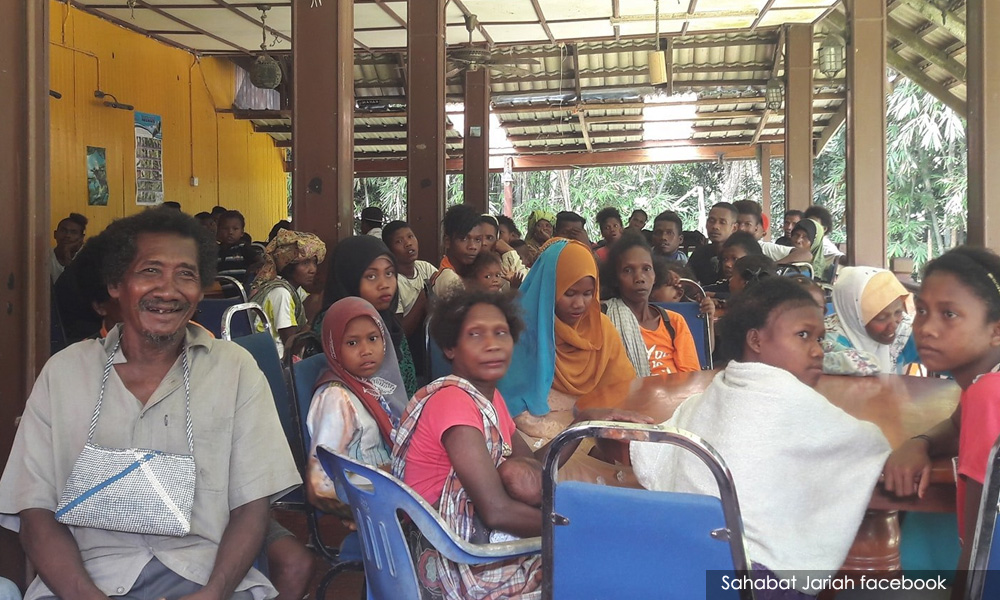
But if we look at how the human species has evolved over time, every group that seemed to be dominant at any point in history would eventually evolve into other groups – therefore total extinction would not take place in our lifetime perhaps.
It is my guess that these smaller groups would still exist but their numbers could go both ways. They may morph into, or adopt a new dominant culture while limiting their traditional practices. Their true identity may also change but rest assured they are not going to be extinct, at least in our lifetime.
The Orang Asli themselves realised this much earlier, that their identity is not going to be extinct, instead it would change to accommodate new realities, new technologies, new norms, and new ways of life as all these are the nature of evolution on the planet Earth.
I can only speak on what I have seen in my community. Many practices have slowly evolved to make them more relevant to current times. We may preserve the old ways by documenting or recording our traditional practices, customs, etc. – this is good for future generations to be aware of their ancestors’ culture and way of life.
So, my opinion on this is - brace for the changes, be pragmatic in accepting and dealing with external dominant factors while not compromising the Orang Asli's internal values. Observing this would make us wiser in adapting to the relentless external pressure which seems to demand unification as opposed to segregation.
MY AMBITION AS A PROFESSOR
It is my ambition, particularly in my field of expertise in data visualisation, that I would like to profess, engage, as well as share information and facts that are truths in an effort to understand the world we live in and change it for the better.
At this later stage of my career in CS (computer science), my focus is to continue to train and engage with my students - with the knowledge that I have acquired and the experience that I have gained. I am more at ease to share real-life stories about the field and rely less on textbook materials.
In the earlier stage of my career, I have always wanted to develop computer-based solutions that could directly benefit society at large.
In pursuing this ambition, I have tried and worked with colleagues from medical schools – since my data visualisation expertise is suited well with some of the data generated through modalities such as CT/MRI scanning devices. I have also developed solutions for companies.
I LOVE READING BOOKS
I love reading books across different topics, not necessarily technical books, which may seem obvious due to my career, but reading books from unrelated disciplines gives me a broader perspective to look at many issues and also allows me to relate and link concepts that at face value seem apart but have commonalities that could solve problems.
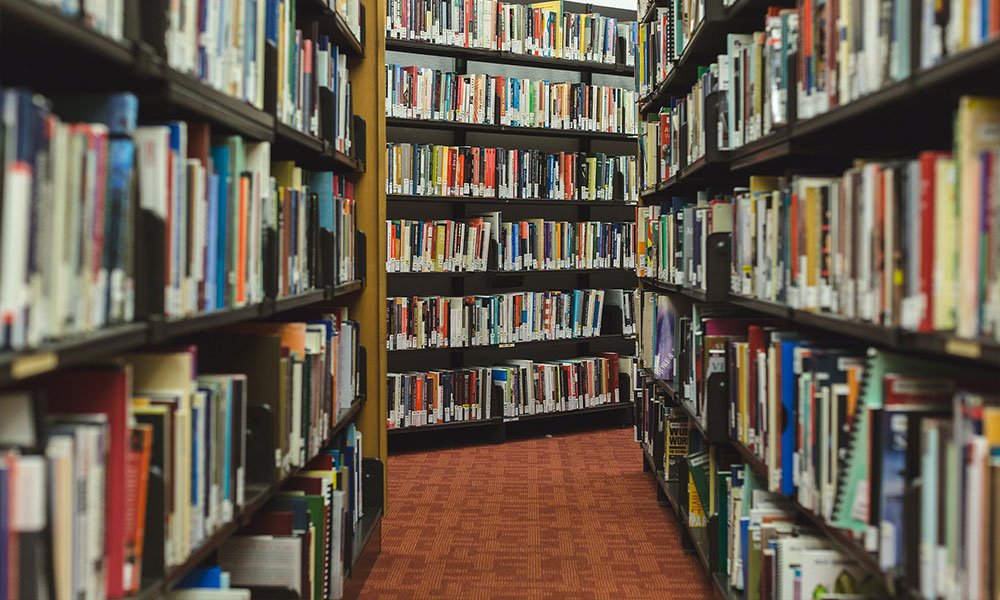
I love reading creative thinking works by Edward De Bono. My favourite book is 'Thinking Fast, Thinking Slow' by Daniel Kahneman – an excellent book about our thinking process. I also love the book by Yuval Noah Harari on '21 Lessons for the 21st Century' and am now reading his other book on 'Sapiens – A Brief History of Humankind'.
SPORTS DURING MY TIME IN AUSTRALIA AND THE UK
During my undergraduate studies in Australia and postgraduate studies in the UK, I was very active in sports - my only source of entertainment after my first priority which of course was my studies.
I played football at Leeds, I played for my school’s football team. I also played cricket which I thought was a boring game which I then got hooked on while I was in Australia. I also played badminton which is my favourite sport. These days, I am now more of a spectator rather than a player. Perhaps age does play its role at this stage of my life.
I AM MARRIED WITH FOUR DAUGHTERS
I hope that someday they will be leaders, hence I would advise them to prepare to be leaders of the future. Such training would start early. In school, I would encourage them to take roles in any school activities.
Learning from my experience, there were not many opportunities for us to know what qualities one required to be a leader. I am now engaging them in activities that would impart that kind of skill set.
MALAYSIANSKINI is a series on Malaysians you should know.


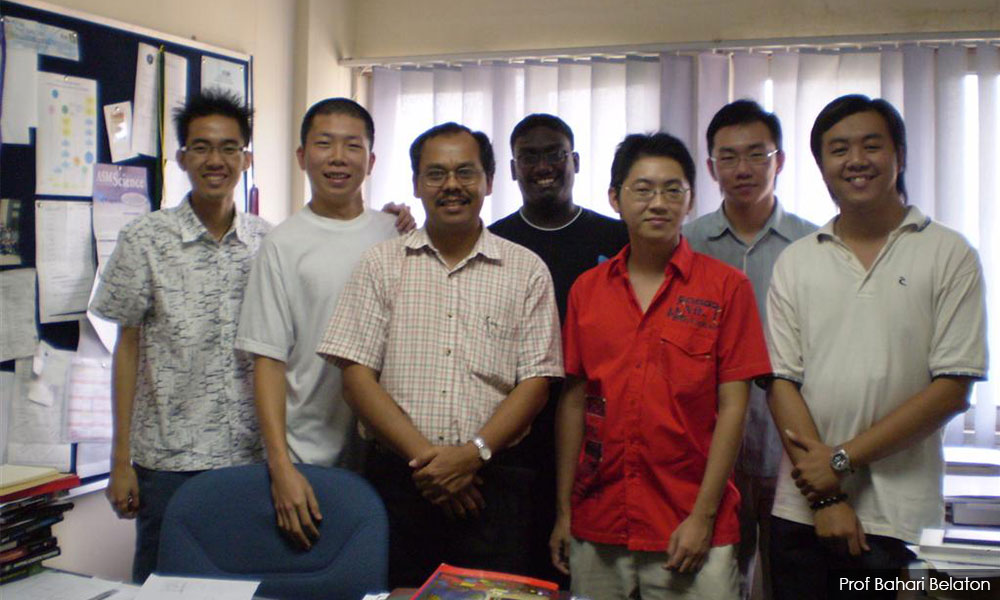
No comments:
Post a Comment
Note: Only a member of this blog may post a comment.